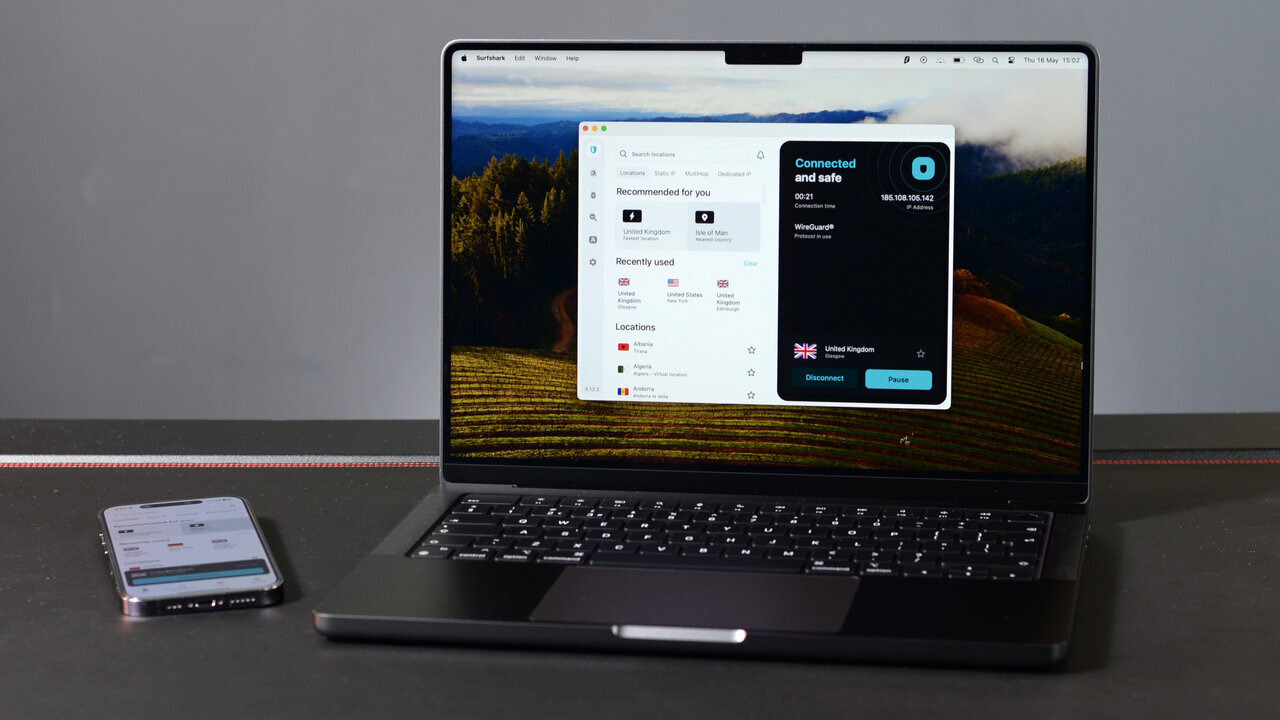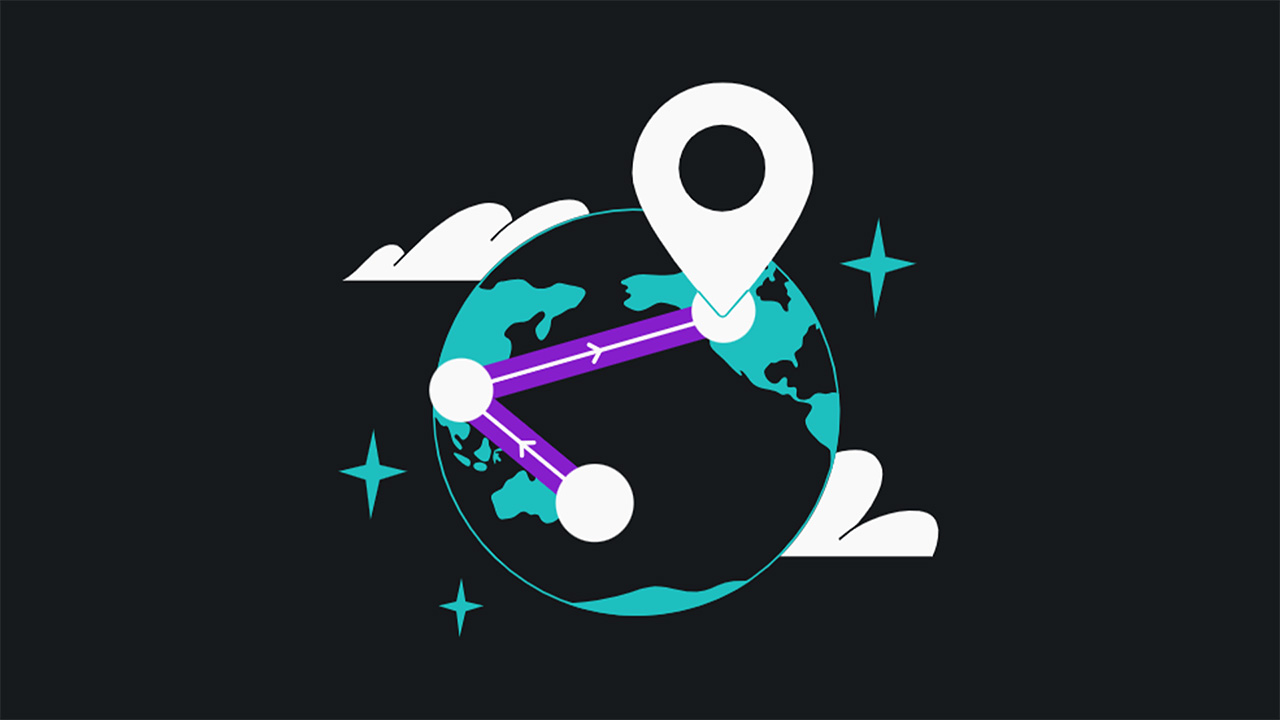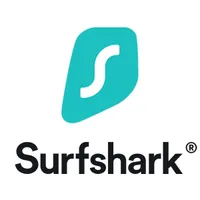Surfshark announces a huge upgrade to its server spread – but how does it compare to its competitors?
The provider now offers 4,500 servers worldwide

The size of their server network is something the best VPNs like to shout about. Although it doesn't really matter, a large network of servers is no bad thing.
Surfshark, which we rate as the best cheap VPN and the number two VPN overall, has increased its server size by 40%. The provider has overseen a steady increase over the last few years. Its server count has grown from 3,200 to 4,500 servers worldwide.
This number is still smaller than most of its competitors, but Surfshark insists server quality is more important than quantity.
Surfshark confirmed that it hasn't added any new server locations, but has expanded its server count at existing sites. Its offering of 142 locations in 100 countries remains unchanged.
Surfshark | 2 years + 3 months FREE | $1.99 per month
Save 87%: We think Surfshark is the best cheap VPN out there but it's also our #2 VPN overall. Despite its price, Surfshark packs a punch.
What you'll get...
🚀 800+ Mbps speeds
📺 Powerful streaming unblocking
🔒 Rock-solid privacy & security
✨ Unique features
A 27 month Surfshark plan starts at $1.99 per month ($53.73 up front pre-tax). There's a 30-day money-back guarantee and a 7-day free-trial.
Server size "doesn’t capture the full picture"
Surfshark said it has "steadily upgraded" its server network in recent years in order to achieve "better performance and reliability."
However it emphasized that "chasing numbers alone will not build reliability" and a great user experience remains its priority.
Adding more servers to existing locations results in a smaller server load – fewer users using the same server. This means you'll experience faster speeds, quicker connectivity, and less disruption to your Surfshark VPN browsing experience.
Justas Pukys, Senior Product Manager at Surfshark, said: "Server count is an easy and understandable metric for comparing VPN providers, but it doesn’t capture the full picture."
"While providers strive for global coverage and access to essential locations, the true value comes from how consistently that reach translates into performance. A strong VPN delivers not just broad reach but reliable, high-performance servers, minimized latency, and uninterrupted connections across its network."
"In practice, this means robust uptime, proactive maintenance, and a smooth, user-friendly experience for all online activities, wherever you are in the world."
How does Surfshark's server spread compare?
- Surfshark: 4,500 servers (142 locations in 100 countries)
- NordVPN: 8,000+ servers (165 locations in 127 countries)
- ExpressVPN: 3,000+ servers (187 locations in 108 countries)
- Proton VPN: 15,000+ servers (164 locations in 126 countries)
- PIA: 10,000+ servers (152 locations in 91 countries)
Taking Pukys' comments into account, how does Surfshark's server network compare to its competitors?
142 locations in 100 countries is respectable and not too far off its competitors. It offers servers in nine more countries than Private Internet Access (PIA), which covers 91 countries. PIA does have 152 locations, 10 more than Surfshark, however this is helped by the fact that PIA offers servers in every US state.
ExpressVPN also offers servers in every US state, and this contributes to the provider's 187 locations – the highest out of any of our top five VPN providers.
Proton VPN boasts a whopping 15,000+ servers, covering 164 locations in 126 countries. NordVPN pips it slightly, with 165 locations in 127 countries, but has just under half the total servers – 8,000+.

Surfshark and ExpressVPN have similar server networks, and the latter's North American offering is what pushes its locations beyond Surfshark. Surfshark has one more South American location and the two have the same number of African locations – six. The two providers have a similar number of locations in Asia, Europe, and Oceania – although ExpressVPN does have more.
Surfshark matches NordVPN for South American locations – 10 – and exceeds Proton VPN. Only one location separates Surfshark and NordVPN's European offering, and Surfshark has five more European locations than Proton VPN.
Every provider has a similar number of Oceania locations – all offer between six and eight.
Where Surfshark falls down is its African offering. It has six locations there, compared to NordVPN's 17 and Proton VPN's 26. However, ExpressVPN also offers six and PIA only offers five.
VPN | North America | South America | Europe | Africa | Asia | Oceania |
Surfshark | 34 | 10 | 54 | 6 | 32 | 6 |
NordVPN | 39 | 10 | 53 | 17 | 38 | 8 |
ExpressVPN | 70 | 9 | 58 | 6 | 36 | 8 |
Proton VPN | 32 | 7 | 49 | 26 | 44 | 6 |
PIA | 60 | 9 | 46 | 5 | 25 | 7 |
All server data is correct as per Tom's Guide's October 2025 testing.
Surfshark can clearly hold its own and you may prefer its quality over quantity approach. All major locations are covered and you'd be quite unlucky if your desired server location isn't available.
All Surfshark plans come with a 30-day money back guarantee and there's also a 7-day free-trial. You can therefore try Surfshark out and see if it has all your desired locations, before committing to your purchase.
Surfshark's increase in server size follows a trio of server network improvements. In the summer, it released Everlink, bringing uninterrupted VPN connections. FastTrack came shortly after, which aimed to increase speeds by 70% and boost performance.
In October 2025, Surfshark announced the launch of 100 Gbps servers, a tenfold increase on the 10 Gbps it currently uses. As it stands, the 100 Gbps servers are only supported for its Amsterdam location, but more locations are expected to follow.
We test and review VPN services in the context of legal recreational uses. For example: 1. Accessing a service from another country (subject to the terms and conditions of that service). 2. Protecting your online security and strengthening your online privacy when abroad. We do not support or condone the illegal or malicious use of VPN services. Consuming pirated content that is paid-for is neither endorsed nor approved by Future Publishing.

George is a Staff Writer at Tom's Guide, covering VPN, privacy, and cybersecurity news. He is especially interested in digital rights and censorship, and its interplay with politics. Outside of work, George is passionate about music, Star Wars, and Karate.
You must confirm your public display name before commenting
Please logout and then login again, you will then be prompted to enter your display name.
 Club Benefits
Club Benefits






